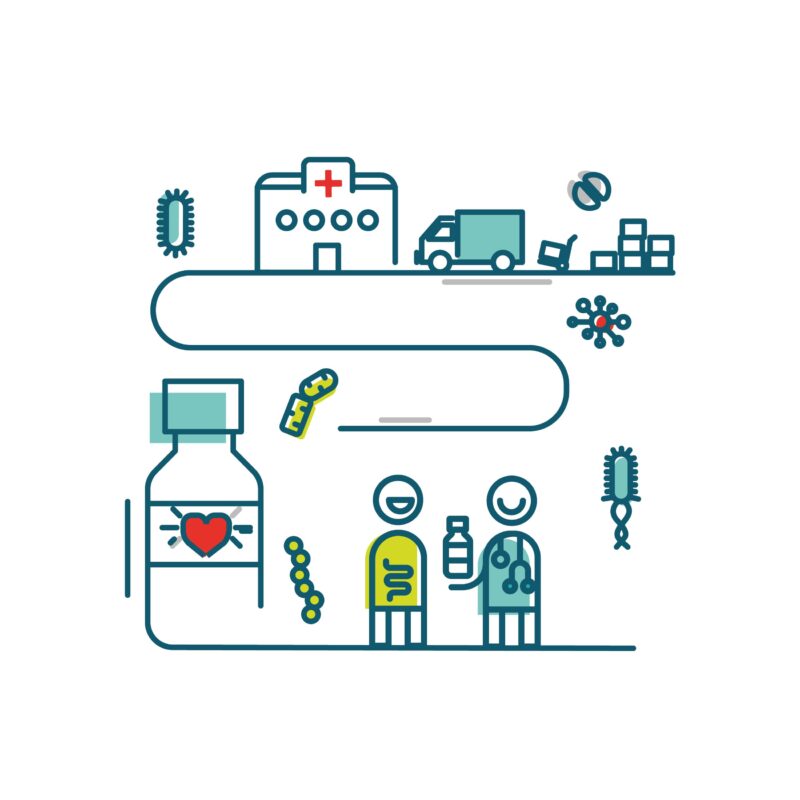OpenBiome Webinar: New FDA Guidance Governing FMT
Blog
Share
In December, OpenBiome held a live webinar to discuss a new FDA guidance governing the use of fecal microbiota transplantation (FMT) and the first FDA approval of a microbiome-based therapeutic for recurrent C. difficile (rCDI). OpenBiome, along with the University of Minnesota (UMN) Microbiota Therapeutics Program, will continue operating normally and remains committed to providing safe and continued access to investigational FMT for C. difficile patients.
It was great to see so many of our partners and patients in attendance, and discuss some of the exciting developments in the world of FMT. Here you will find an overview of the key takeaways from the webinar and a recording.
Key Takeaways
- The U.S. FDA recently announced final guidance for the use of FMT in the treatment of recurrent rCDI not responsive to standard therapies.
- The U.S. FDA approved the first fecal microbiota product for the treatment of rCDI in adults, marking a major milestone for the field and a huge win for patients.
- OpenBiome confirmed it will continue distributing investigational FMT for patients suffering from rCDI not responsive to standard therapies.
Contact: Email media@openbiome.org
###
About OpenBiome OpenBiome accelerates bold discoveries in microbiome science to improve health for all. An independent nonprofit, we catalyze cutting edge research, advance treatment, and expand scientific capacity to unlock the full potential of the human microbiome.
Since our founding at MIT in 2012, we have provided investigational FMT treatments to more than 64,000 patients with recurrent C. difficile infections and supported over 40 studies investigating how the microbiome affects human health. Through OpenBiome’s new flagship program, the Global Microbiome Conservancy (GMbC), we are building and sharing the world’s most globally representative collection of microbiome samples and strains to fill critical gaps in microbiome science.
For more information, visit www.openbiome.org.
